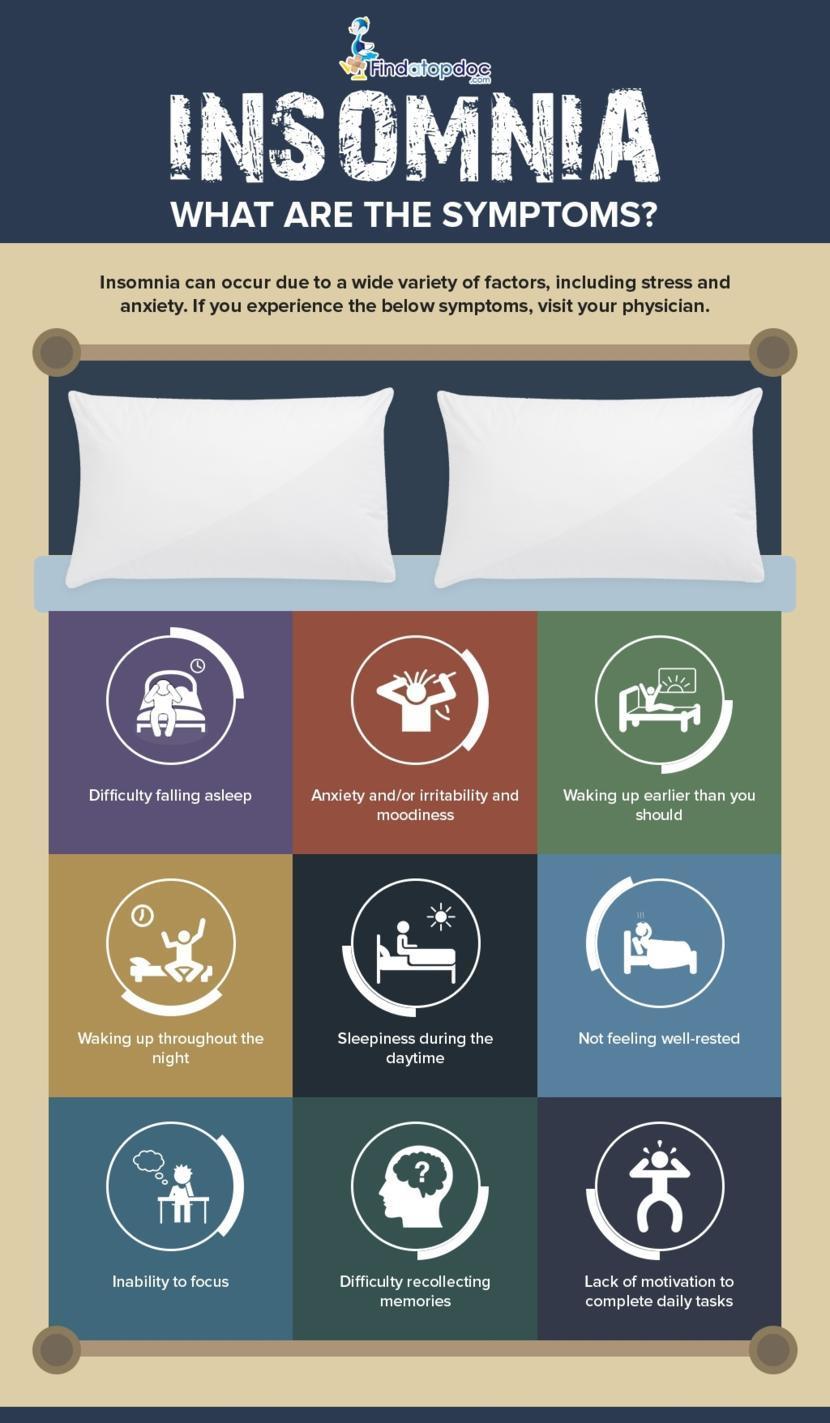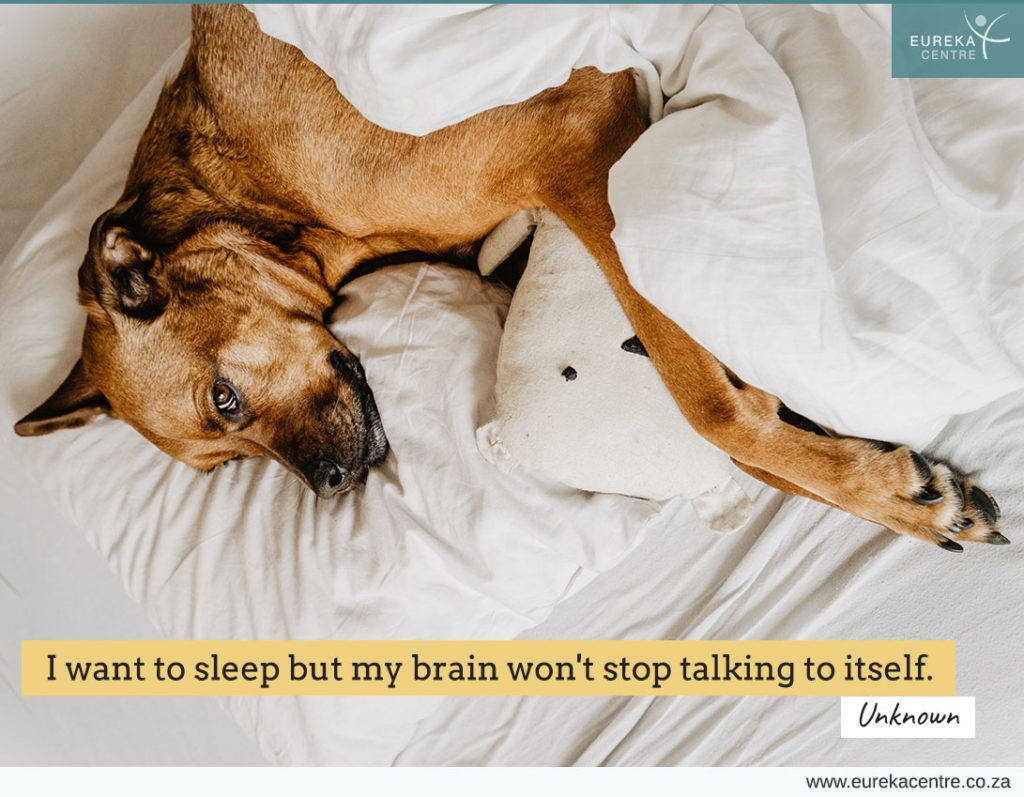

Over the counter sleep aids have many risks. Your primary care provider can make a referral for this service through the PPG – Sleep Medicine office. This is a form of psychology administered by someone specifically trained in sleep medicine and is highly recommended by the National Sleep Foundation. When these conservative measures fail, the next best treatment option would be cognitive behavioral therapy (CBT). There might be another option that doesn’t impact your sleep. Additionally, speak to your medical provider about the medications you are taking to see if insomnia is one of the side effects. Write down whatever is causing your mind to race or create a list of the things you need to do tomorrow so that is out of your head and onto paper. We have found, especially during the year of the pandemic, that journaling before bed has been a great stress reliever. Meditation or mindfulness prior to bed can also help quiet the mind. This includes no screen time at least two hours before bed, keeping a consistent sleep and wake schedule, avoiding caffeine or alcohol at least a few hours prior to bed, creating a cool, dark environment in your bedroom and not watching the clock throughout the night.

The easiest and most effective way to address insomnia is to practice good sleep hygiene. Functioning better at work, school or while performing daily activities will lower stress levels. Quality sleep is important for improving your mental well-being which in turn will sharpen your cognitive function throughout the day. RisksĪcute insomnia is associated with increased anxiety, depression and overall stress. Wear a mask, practice social distancing, and get your COVID vaccine when it’s your turn. It’s important to trust in medical professionals and to follow CDC guidelines, which are updated regularly for our safety. Good quality sleep is important for our overall health and mental wellness, which in turn is necessary to fight COVID or care for others who have it. For many, the pandemic has caused their mind to race at night, with all of those "what if" questions that keep people up. The substantial amount of increased stress many have experienced as a result of the pandemic has certainly increased the number of patients experiencing insomnia. Other examples are a recent medication change, drug or alcohol use, new pain or an exacerbated medical problem, pregnancy or increased stress or grief, such as what we experience with the loss of a loved one, etc.

The most common cause for acute insomnia is poor sleep hygiene. Acute insomnia lasts for less than one month and can be caused by a number of things. There are two forms of insomnia: chronic and acute. Brianna Abbott, PA-C, PPG – Sleep Medicine, tells us more about what causes this disturbance to one’s sleep routine, and the role of the COVID-19 pandemic. Insomnia, either short- or long-term, is the most common on this list. Millions of Americans struggle with a sleep disorder.


 0 kommentar(er)
0 kommentar(er)
